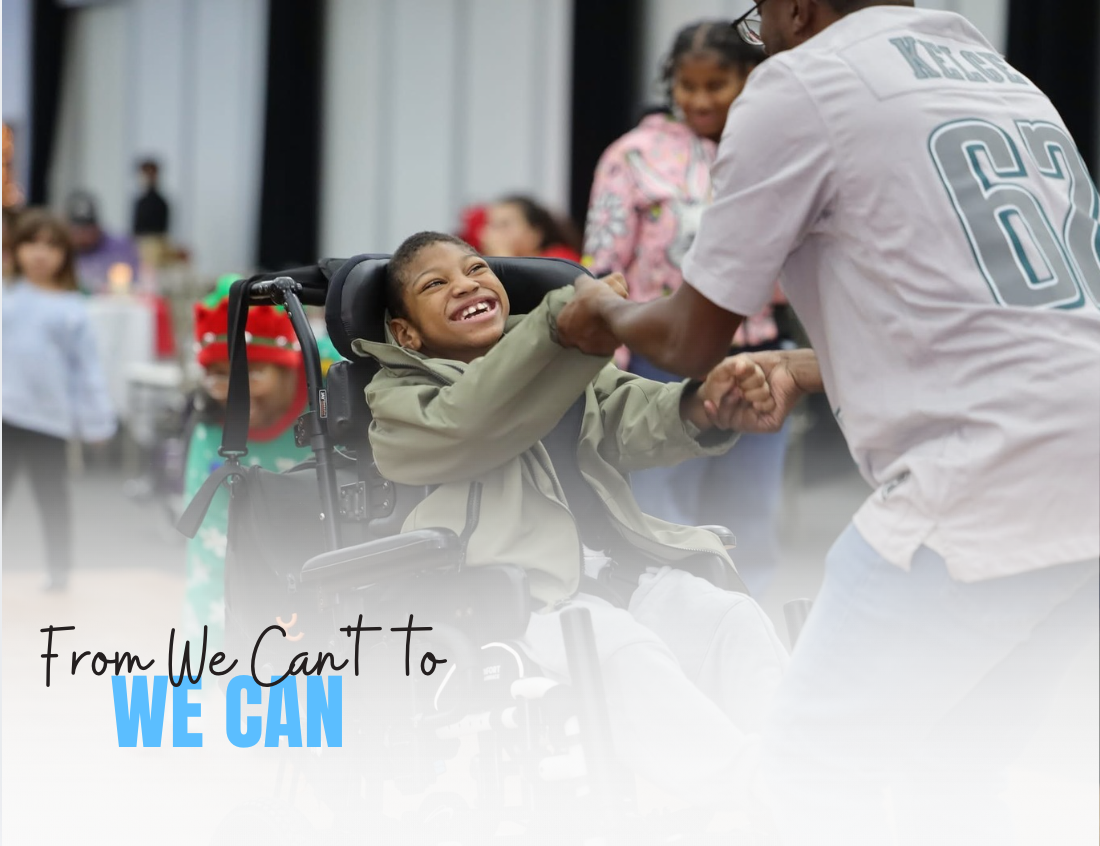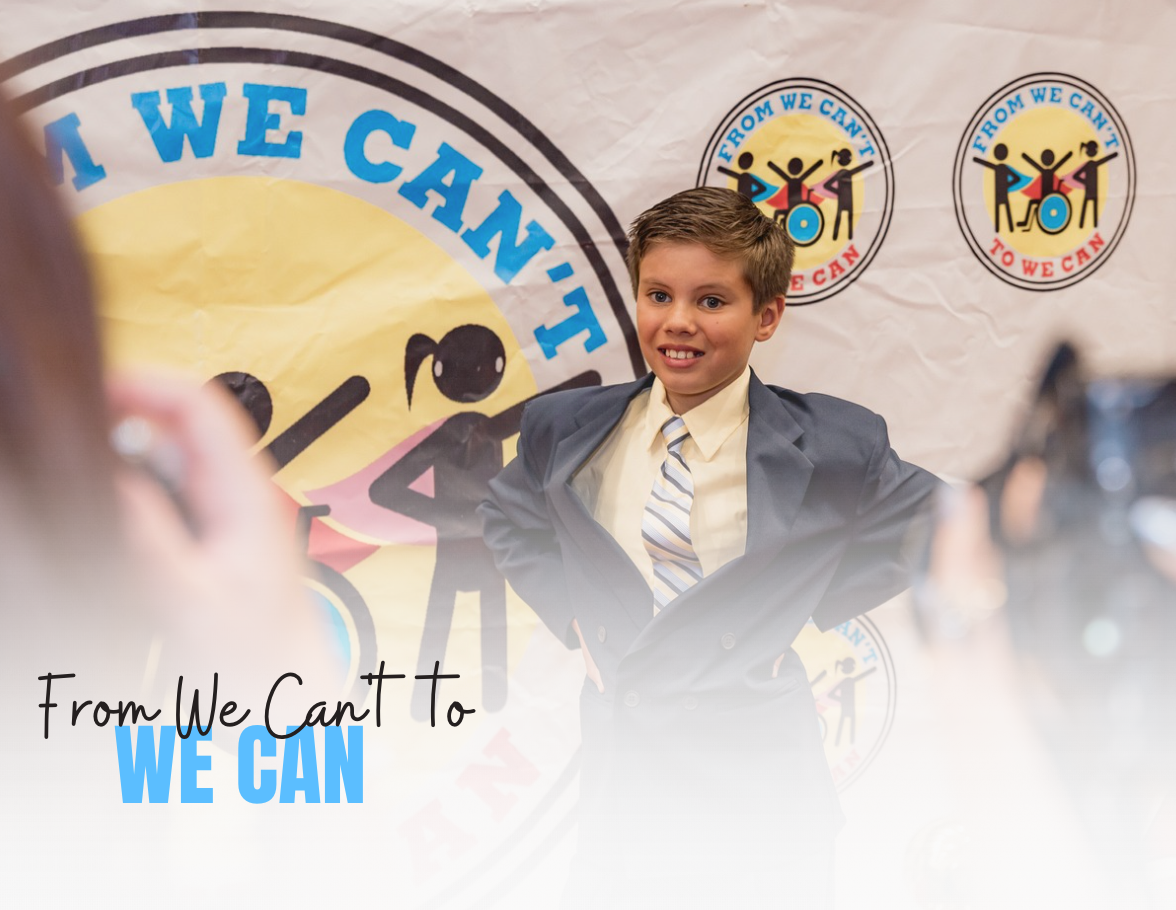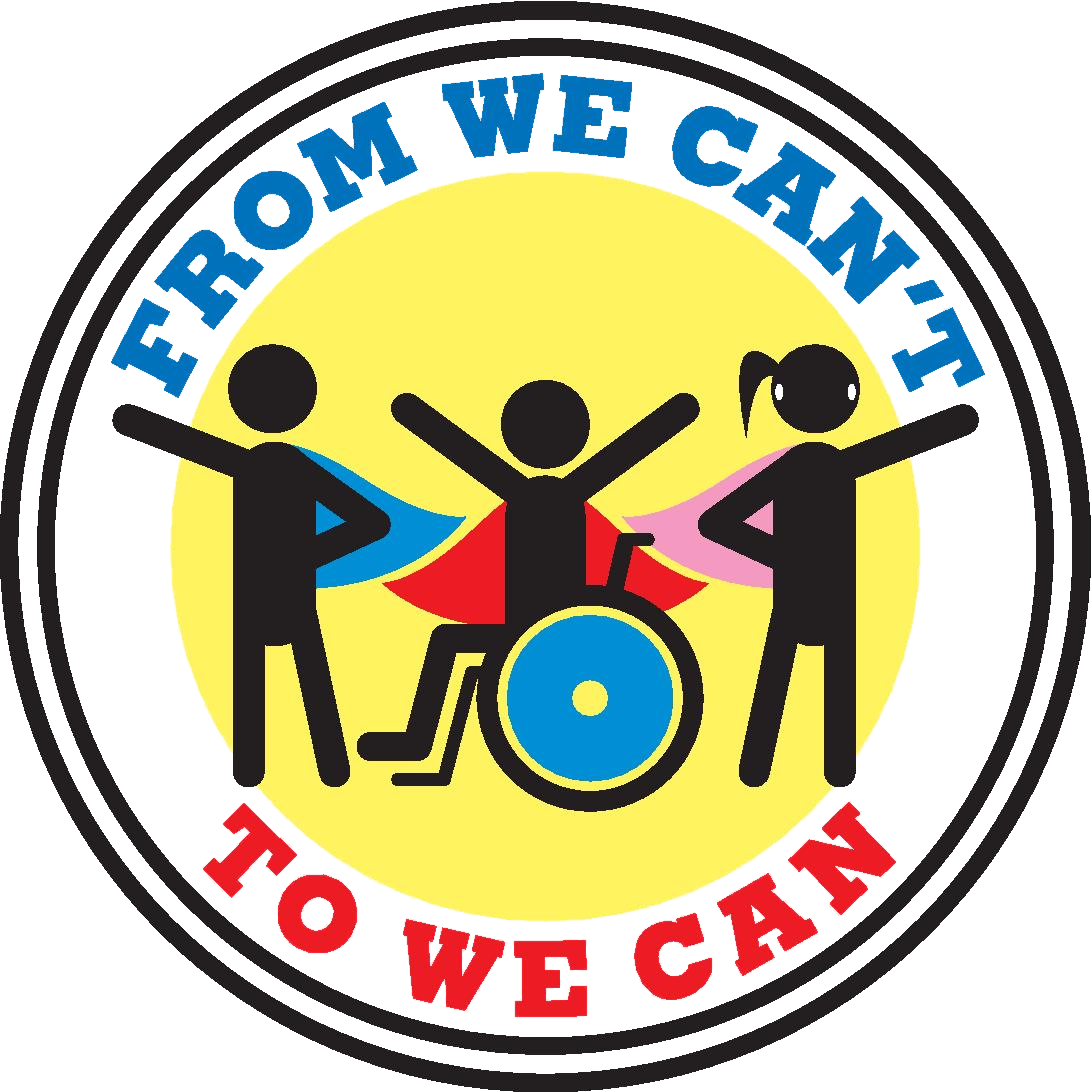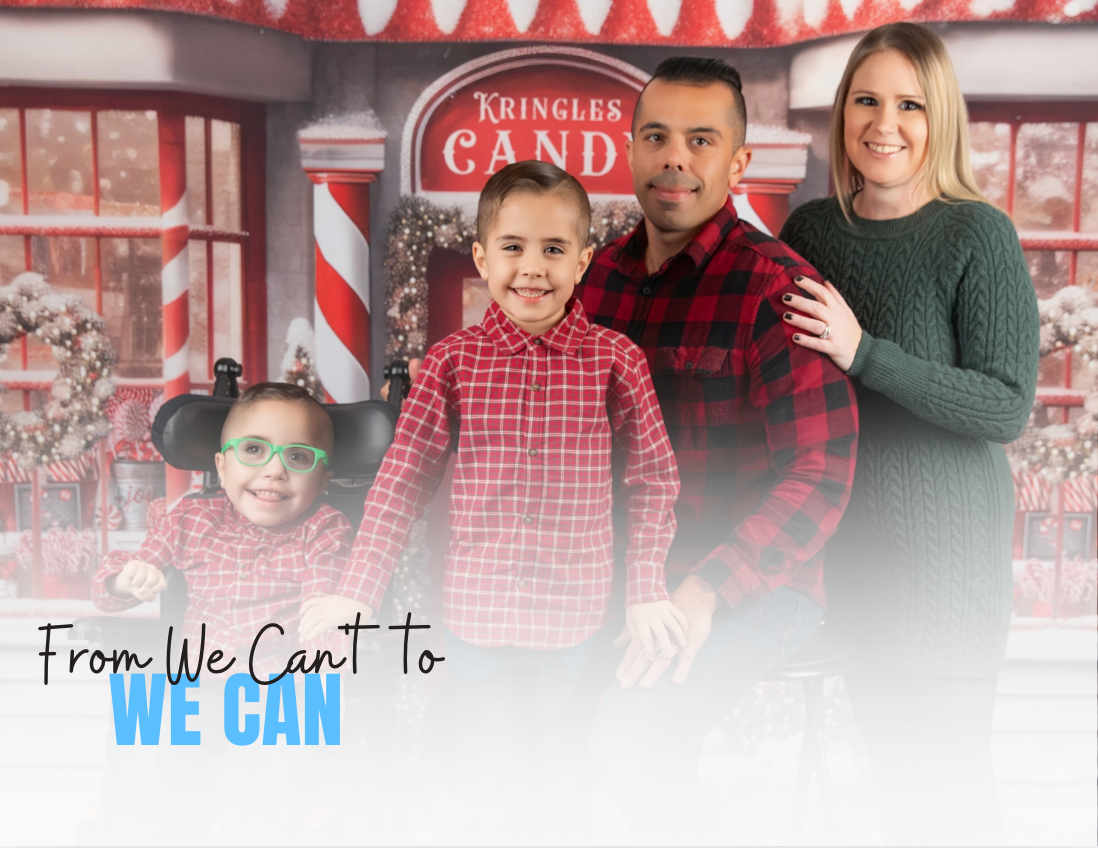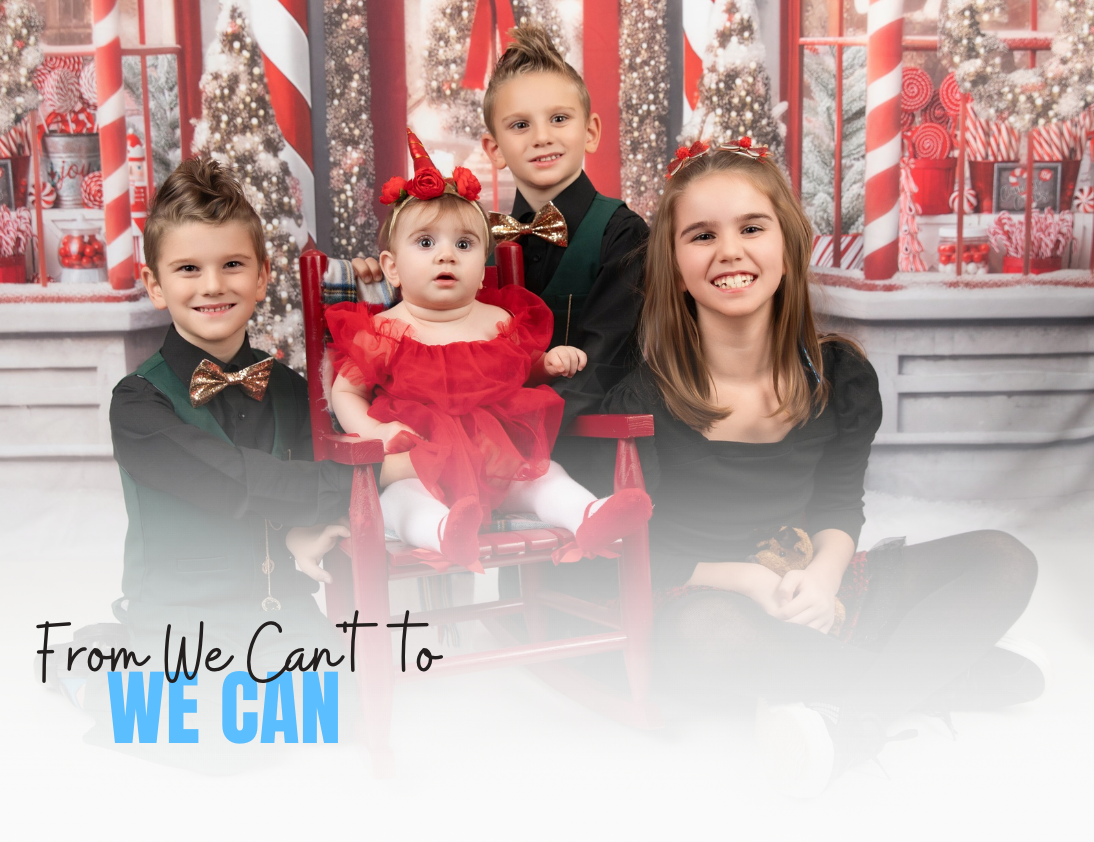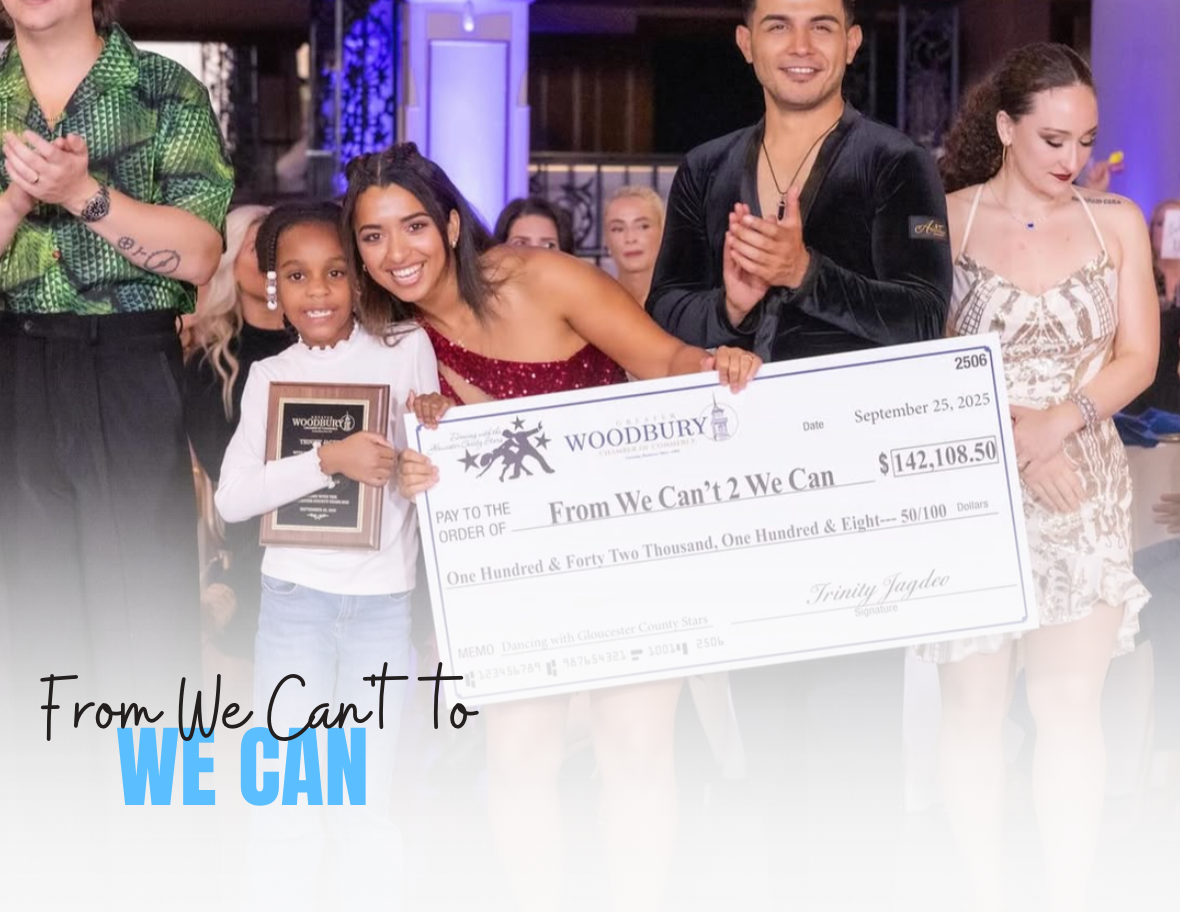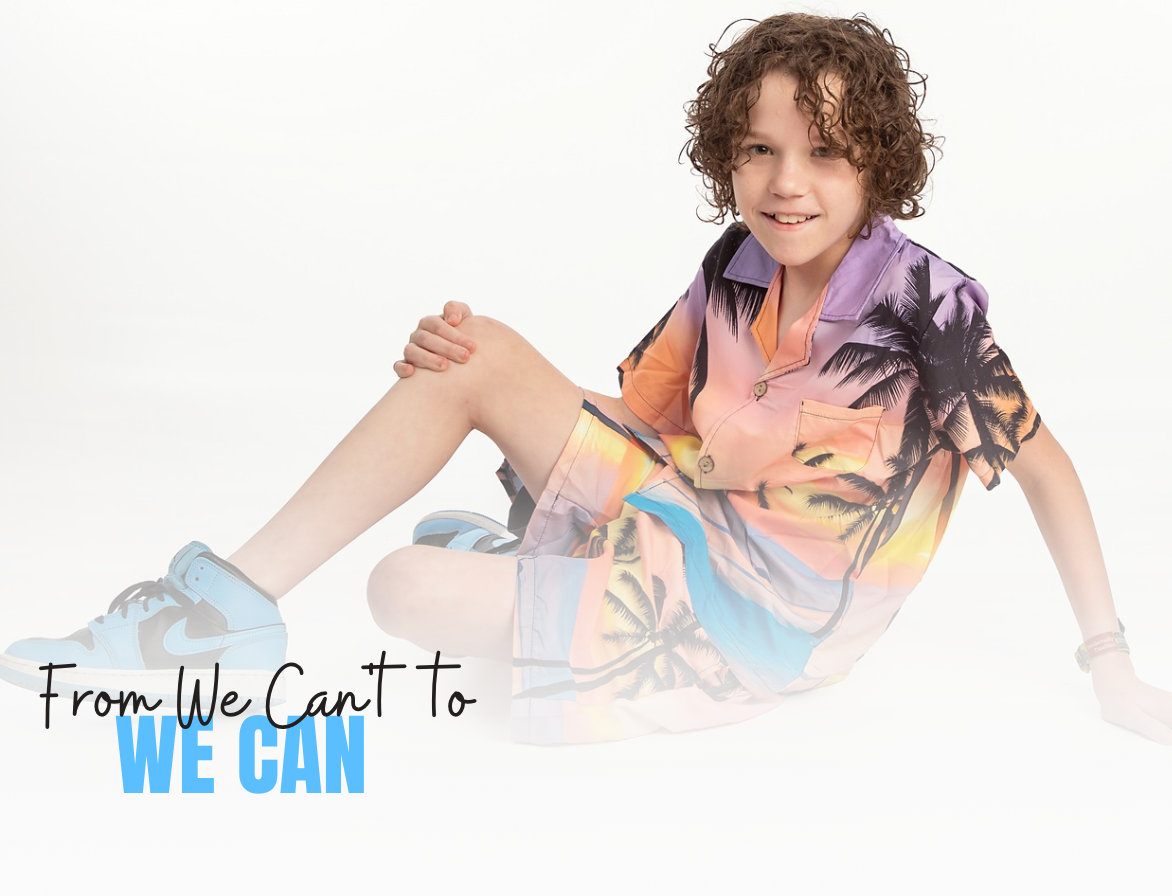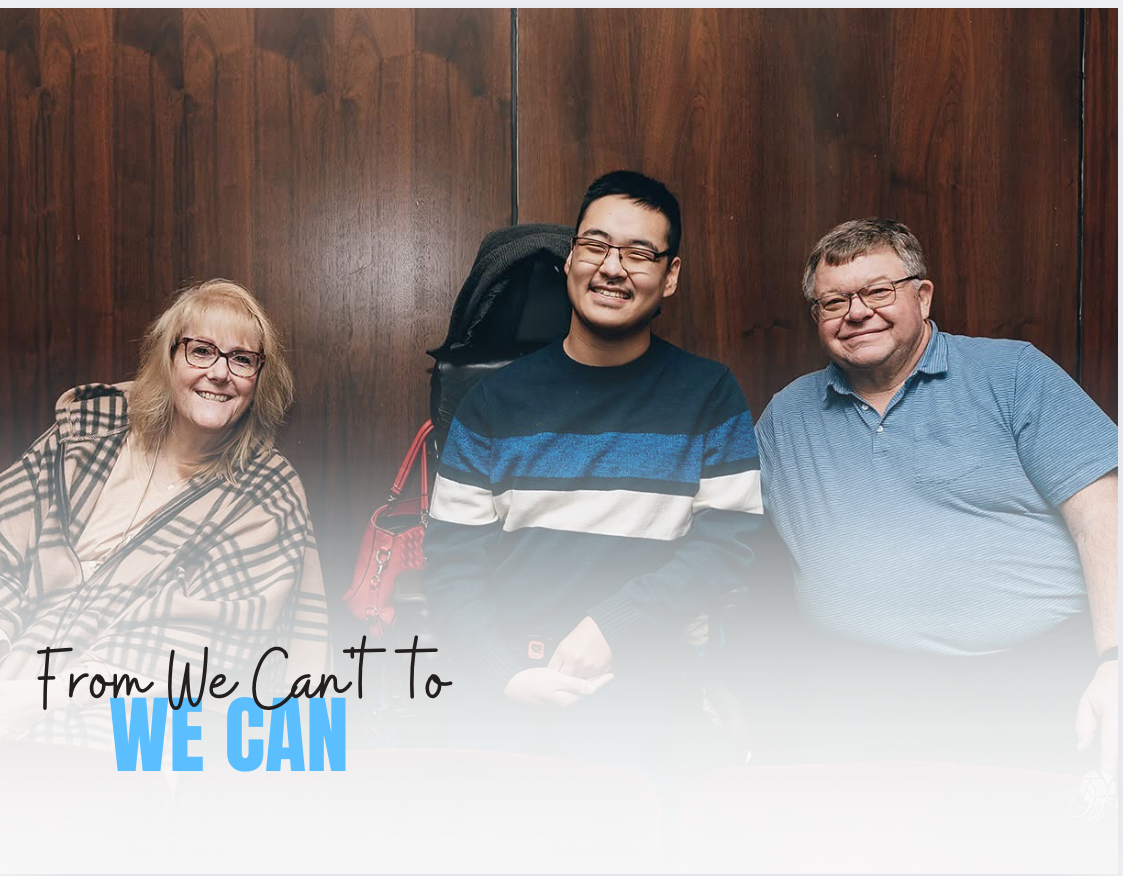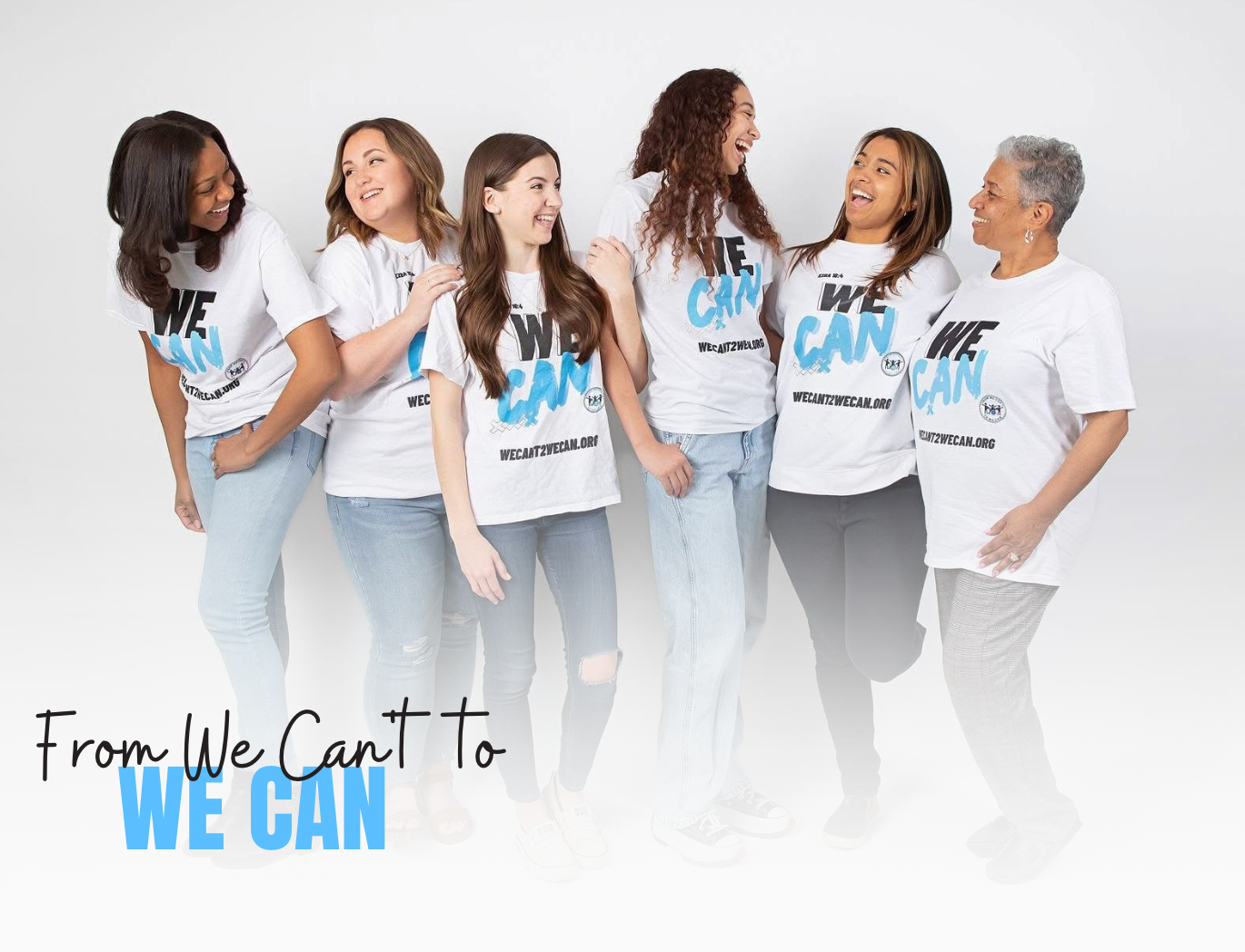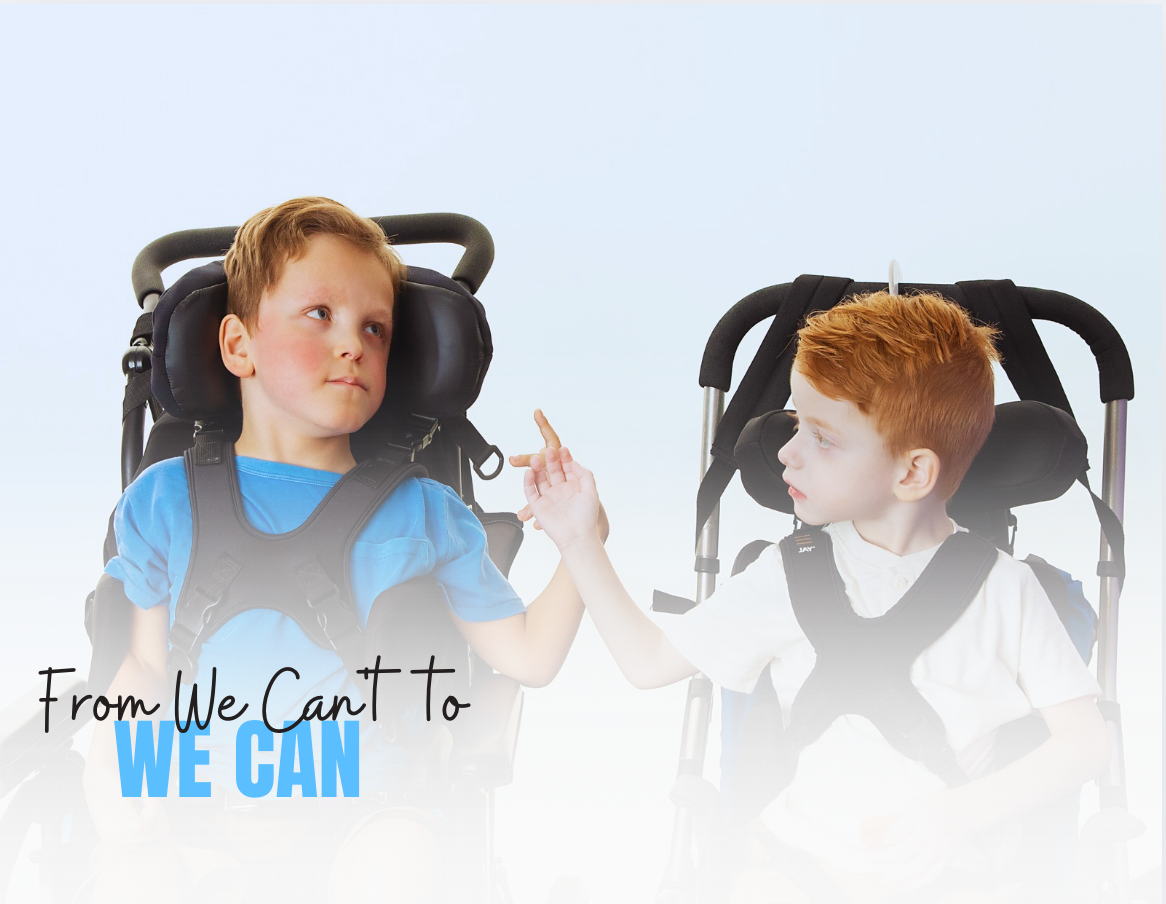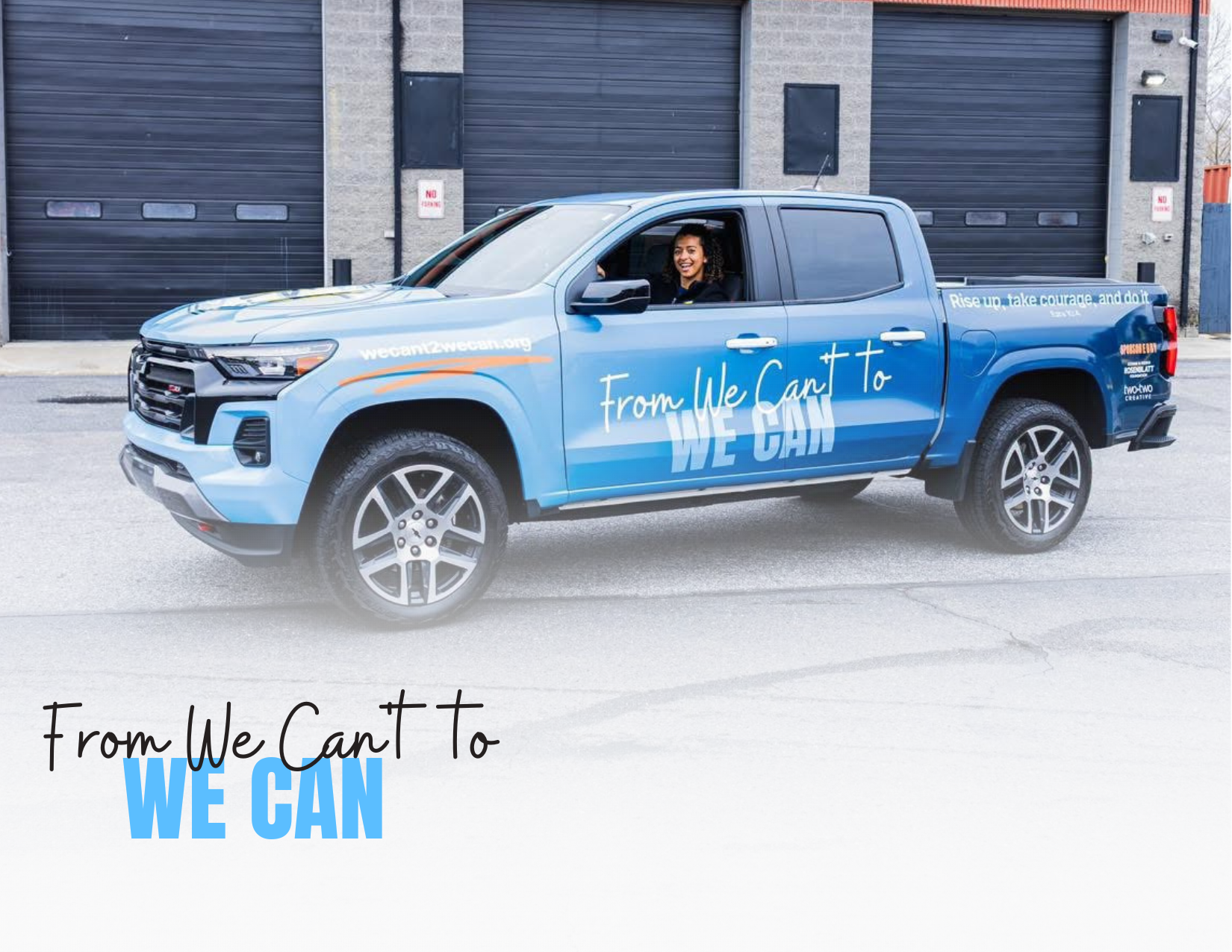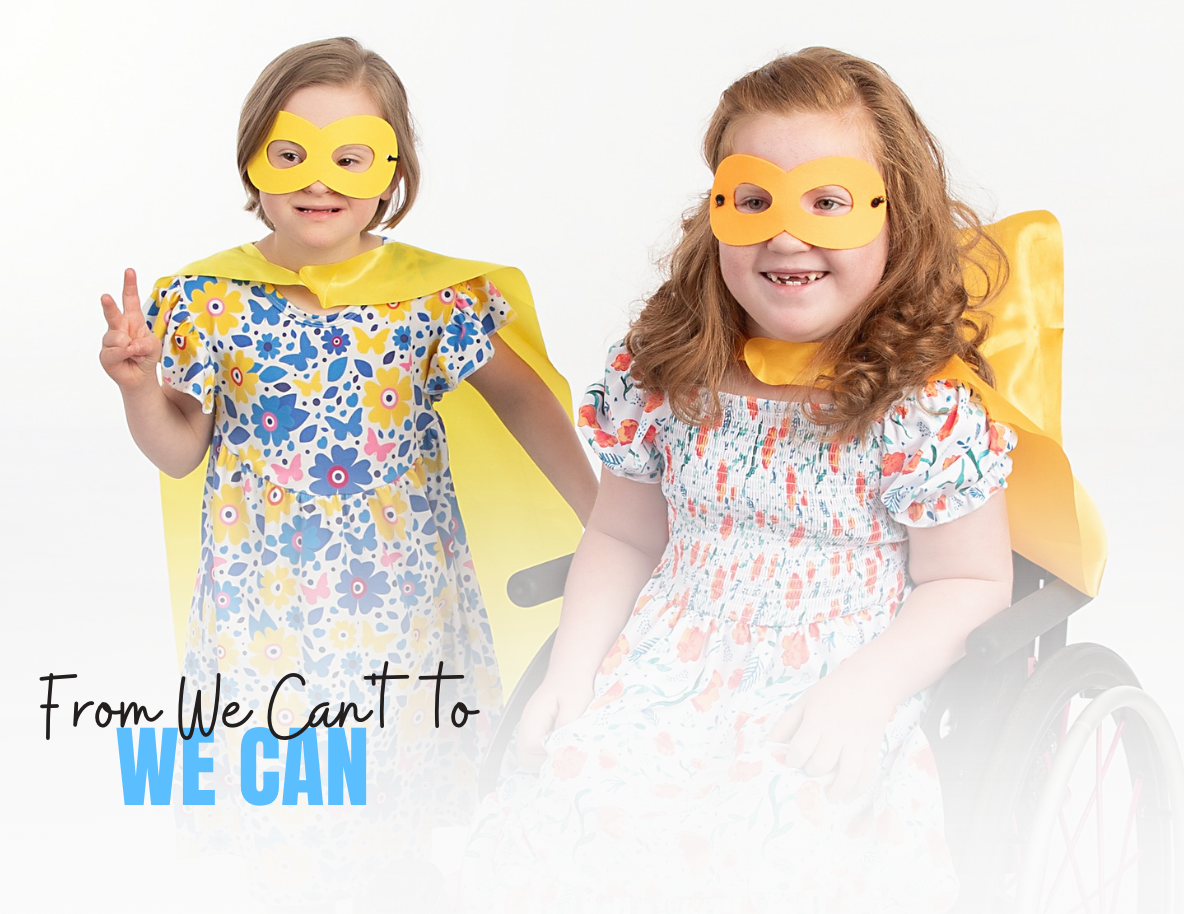
Beyond the Label
TJ Edmund, June 2025
A child often starts to understand who they are through the way others speak to them. Not in medical reports or progress notes, but in the ordinary, in-between moments—a passing comment in the grocery store, a coach’s words at soccer practice, or a curious question at the dinner table.
At From We Can’t to We Can, we’ve seen just how powerful those everyday words can be. When someone calls a wheelchair a “way to get around” instead of a “limitation,” it sends a message: You matter. Your experience matters. And difference isn’t something to fix—it’s something to understand and celebrate.
Families aren’t asking for perfect scripts. They want language that reflects the whole child—not just a diagnosis, and not just what they can or can’t do. They want words that honor who their children are becoming.
"Families aren’t asking for perfect scripts. They want language that reflects the whole child—not just a diagnosis, and not just what they can or can’t do. They want words that honor who their children are becoming."
That’s the heart of inclusive language. It acknowledges diversity, makes space for self-expression, and leaves room for people to grow. The goal isn’t to speak flawlessly—it’s to speak thoughtfully, and to listen with care. It’s about unlearning old assumptions and showing up with empathy, curiosity, and respect.
Why the Words We Use Matter
- Identity formation: Kids absorb the world’s messages early. According to Harvard’s Project Implicit, respectful language can interrupt bias before it takes root.
- Expectations in classrooms: A 2023 study in the Journal of Developmental & Behavioral Pediatrics found that teachers who used person-first terms set higher goals for disabled students.
- Family dynamics: RespectAbility’s national survey shows that when inclusive language is used at home, it strengthens sibling empathy and self-esteem.
- Peer relationships: Easterseals reports that inclusive education—supported by inclusive language—leads to fewer bullying incidents and stronger friendships.
When kids hear themselves described in ways that affirm who they are, they carry that with them. They don’t hear limits—they hear possibility. Studies from the Center for Research on Women with Disabilities and the American Society for Cell Biology connect affirming language with stronger self-advocacy and lower self-stigma.
What You Can Do (Starting Today)
✅ Ask, don’t assume. If you’re not sure what terms someone prefers, it’s always okay to ask.
✅ Always Put the person first. Lead with humanity, not the diagnosis.
✅ Be open to change. Language grows—and we can, too.
Everyday Actions That Make a Difference
🌟 Lead with love. If something doesn’t sound right, ask how someone prefers to be described.
🌟 Model growth out loud. Say things like, “I used to say __, but now I’ve learned __ is better.”
🌟 Celebrate differences. Read books, watch shows and play with toys that feature all kinds of kids.
🧠 Stay curious. Let children ask questions. Let yourself ask them, too. It’s okay to say, “I’m still learning.”
📖 Consume media that reflects real kids. Choose books, games, and shows where disability is included—not highlighted, but woven in as part of everyday life.
🗣️ Model self-correction. If you use an outdated term, acknowledge it and try again. Children notice our effort more than our precision.
We’re not just changing words. We’re changing what kids believe about themselves. We’re changing how families advocate. We’re changing what “can” looks like. And it starts here. With all of us. One story, one sentence, one shift at a time.
Sources & Additional Resources
RespectAbility. (n.d.). 6 tips for talking about disability. RespectAbility.
George Mason University Disability Services. (n.d.). Inclusive language. George Mason University.
You may want to read more of our blog...
We Can Blog
